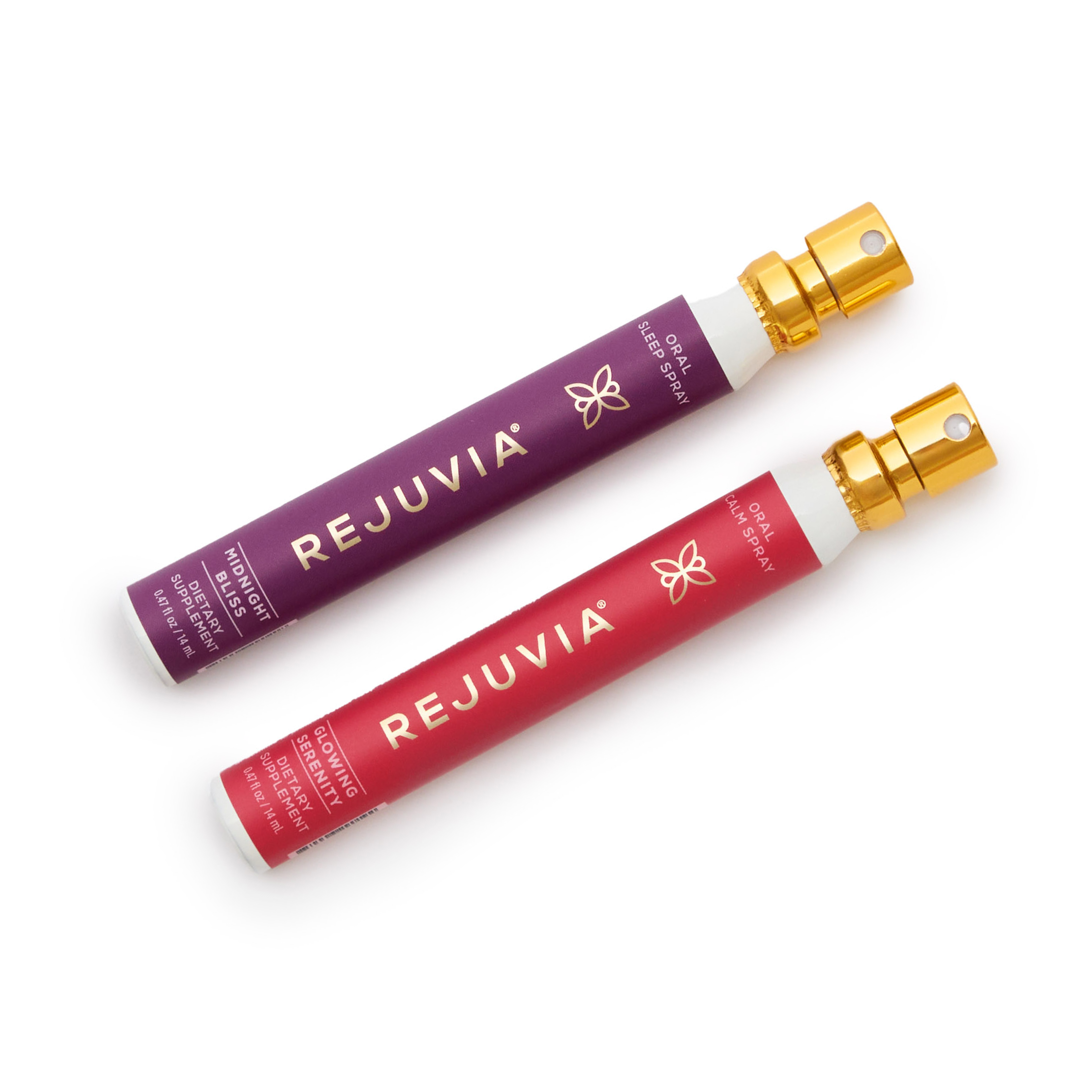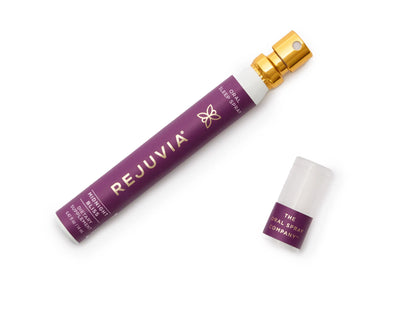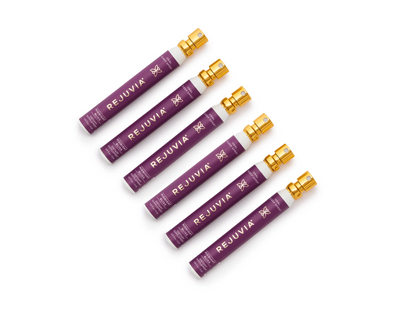Learn More
Free U.S. Shipping
You get free shipping on all subscriptions and orders over $59.
5,500+ 5-Star Reviews
Rejuvia is trusted and loved by 300,000+ sleepers like you.
Family-Founded Brand
We're proud to be a family-founded business based in Philadelphia, PA.












